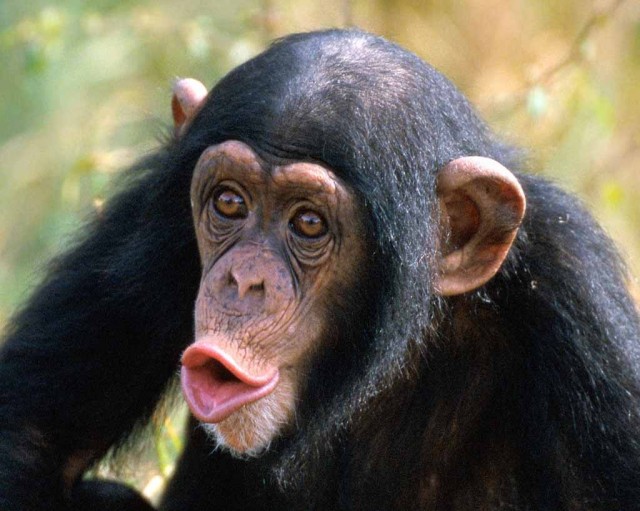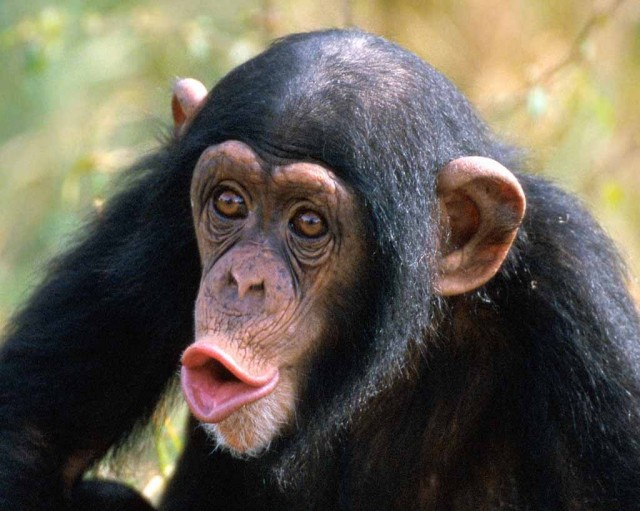
Humans can transmit many diseases to chimps, orangutans and their kin. People who study and care for the creatures are taking lockdown-style measures to limit the risk. (credit: UMN.edu)
Wildlife veterinarian Stephen Ngulu starts his typical working day watching from a distance as the chimpanzees under his care eat their breakfast. He keeps an eye out for runny noses, coughing or other hints of illness.
These days, Ngulu and others at the Ol Pejeta Conservancy’s Sweetwaters Chimpanzee Sanctuary in Kenya have doubled down on their vigilance.
Chimpanzees and other great apes—orangutans, gorillas and bonobos—are prone to many human viruses and other infections that plague people. So when SARS-CoV-2 began circulating, the community that studies and cares for great apes grew worried.





